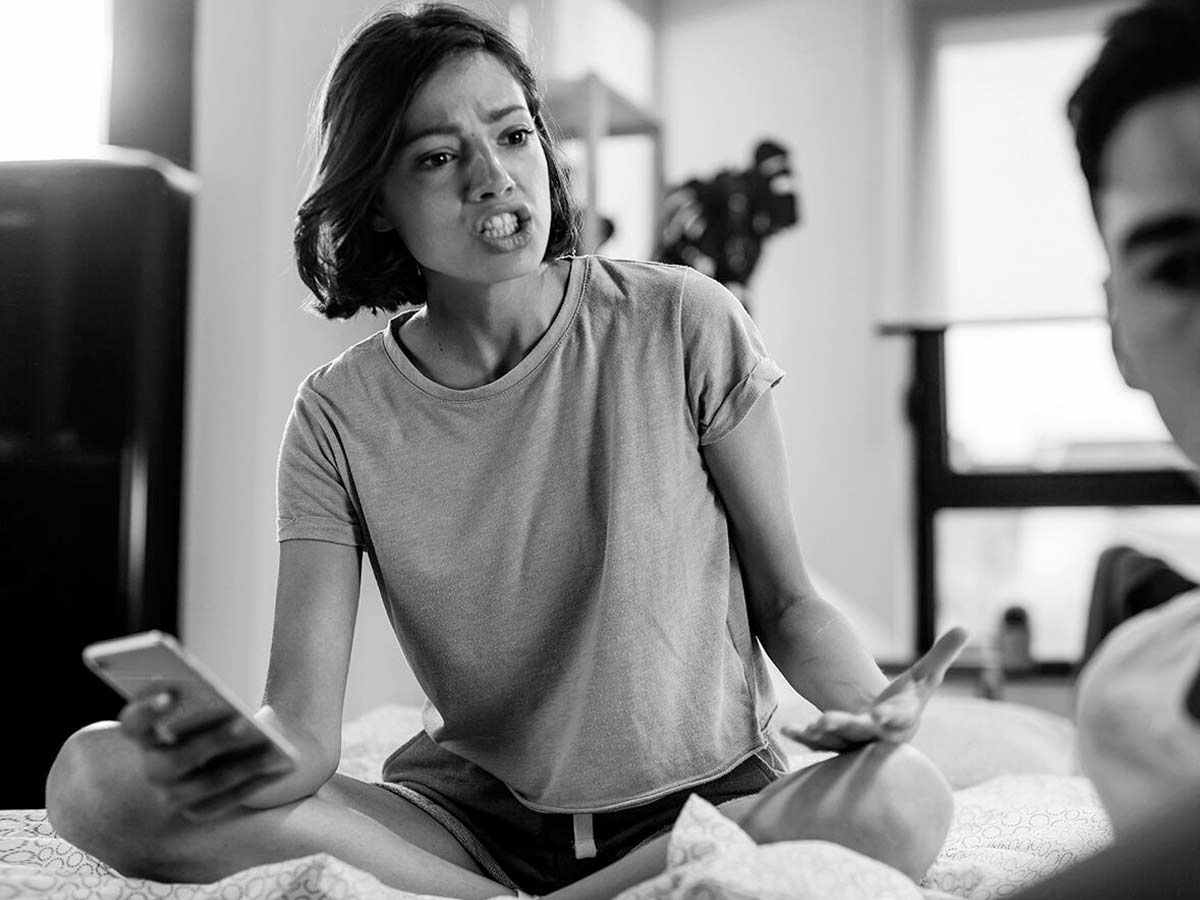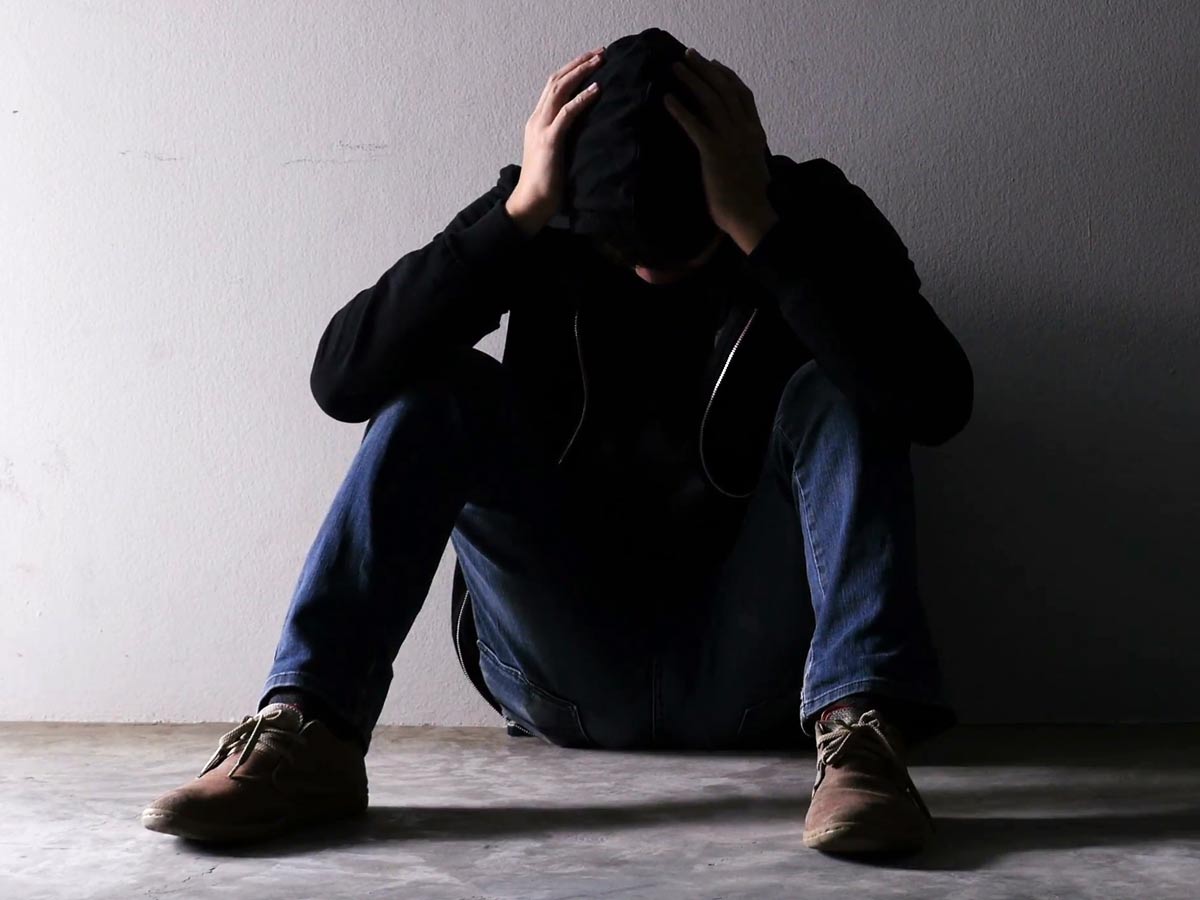Depression is characterized by a persistent sense of frustration and lack of motivation that prevents you from carrying out your daily activities. There are several forms of Depression, with symptoms ranging from mild to profound. Depression, in general, is the product of a combination of events and causes. In other words, Depression is a type of mood disorder. It is described as sorrow, loss, or anger that interferes with a person’s daily activities.
Symptoms of Depression are
A major depressive disorder is described and considered as having five or more of the following symptoms every day for two weeks or more:
- Depressed or irritable mood
- Sleeping difficulties (sleeping too much or feeling sleepless or sleeping mainly during the day time)
- Interests change (not being interested in what you used to enjoy and love) or poor motivation
- Excessive shame or an unrealistically poor self-image
- Significantly decreased vitality and/or a change in self-care (not showering anymore)
- Significantly lower concentration (i.e., a sharp decline in grades or performance)
- Appetite shifts (, eating too much or too little)
- Agitation or severe anxiety/panic attacks
- Suicidal ideas, strategies, or actions, including self-harm (i.e., intentionally cutting or burning yourself)
It is essential to understand that not everyone who is depressed is suicidal. Even if you haven’t shown any severe suicidal or self-harm behaviors, or if your symptoms aren’t as extreme or chronic as the symptoms mentioned above, you should still seek support.

5 ways to overcome Depression
1. Workout.
Workout Every day, go for a 15- to 30-minute light jog — or dance, walk, or bike if you prefer. People with Depression may not want to be involved. But force yourself to go through with it (ask a friend or companion to exercise with you if you need to be motivated). It won’t be long before you note a change in your attitude if you get into the habit of exercising.

Yoga poses, in addition to physical exercise, will help alleviate feelings of Depression. Try the downward dog or the legs-up-the-wall pose (you can find these poses on yoga websites). Breathing exercises and meditation are two other aspects of yoga that can help people who are depressed feel better.
2. Pamper and Take care of yourself by eating well.
Depression may have a cause or effect on one’s appetite. One does not feel like eating at all, while another may overeat. Suppose your dietary habits have been changed by Depression. In that case, you’ll need to be extra careful to ensure you’re getting enough nutrients. Proper nutrition may have an effect on a person’s mood and energy levels. So eat plenty of fruits and vegetables and eat at regular intervals (even if you don’t feel hungry, eat something light, like a slice of fruit, to keep you going).
3. Recognize problems, but don’t dwell on them.

Attempt to find any circumstances that could have led to your Depression. When you’ve figured out what’s making you sad and why to talk about it with a caring friend. Talking allows you to express your thoughts and gain some understanding.
After you’ve given these thoughts and feelings some room:
- Shift your focus to something more positive.
- Take steps to resolve issues.
- If you need assistance, ask for it.
Connecting with friends and family can help alleviate Depression. It can also give them the feeling that they can do something instead of just seeing you suffer.
Also Read, 5 Best Yoga Exercises To Fight Depression and Stress
4. Feel free to express yourself.

When a person is depressed, their imagination and sense of humor can seem to be stifled. Exercising creativity (painting, drawing, doodling, sewing, writing, dancing, composing music, etc.) not only gets the creative juices going, but it also helps to release some positive emotions. Take some time to play with a friend or your cat, or do something enjoyable for yourself. Find something to make you laugh, such as a funny movie. Laughter helps to lift the spirits.
5. Make an effort to notice positive stuff.
Depression affects a person’s emotions, making it seem bleak, gloomy, and hopeless. If Depression is causing you to focus only on the negative, make an effort to focus on the positive aspects of life. Try to notice one thing, then think about another. Consider your abilities, talents, and blessings. Above all, remember to be gentle with yourself. It takes time to recover from Depression and sadness.
6. Limit your alcohol consumption.

Another significant move in the fight against Depression is to limit alcohol consumption.
In the short term, alcohol can make you feel great, relieve boredom, and reduce anxiety. For these purposes, alcohol may be alluring to the depressed person. It can seem to be a fast fix and can quickly become an unhealthy method of self-soothing. Frequent alcohol consumption may result in adverse effects such as dependency, sleep disturbances and can even exacerbate your mood. This is not to condemn a glass of wine with dinner. Still, alcohol is a mood-altering drug that should be avoided if you are susceptible to depressive episodes.
Alcohol added to a holiday celebration is not the same as alcohol added to Depression’s sorrow and anxiety. Holding your relationship with alcohol under control will help you keep your Depression under control. Taking a step back and abstaining from alcohol will help you assess the part it plays in your life.
7. Medication

The flaw with lifestyle modifications that assist with Depression is that you might be too depressed to initiate such positive changes. Starting an exercise regimen may not be feasible for those mired in the thick, immobilizing mud of Depression, making brushing your teeth or making your bed seem impossible. Antidepressants are medications and drugs that are used to treat Depression. Medication can be used to alleviate your symptoms long enough for you to begin practicing healthy behaviors. Medication, on the other hand, is not a substitute for better habits. But medications will help you in providing relief from stress and anxiety.

























